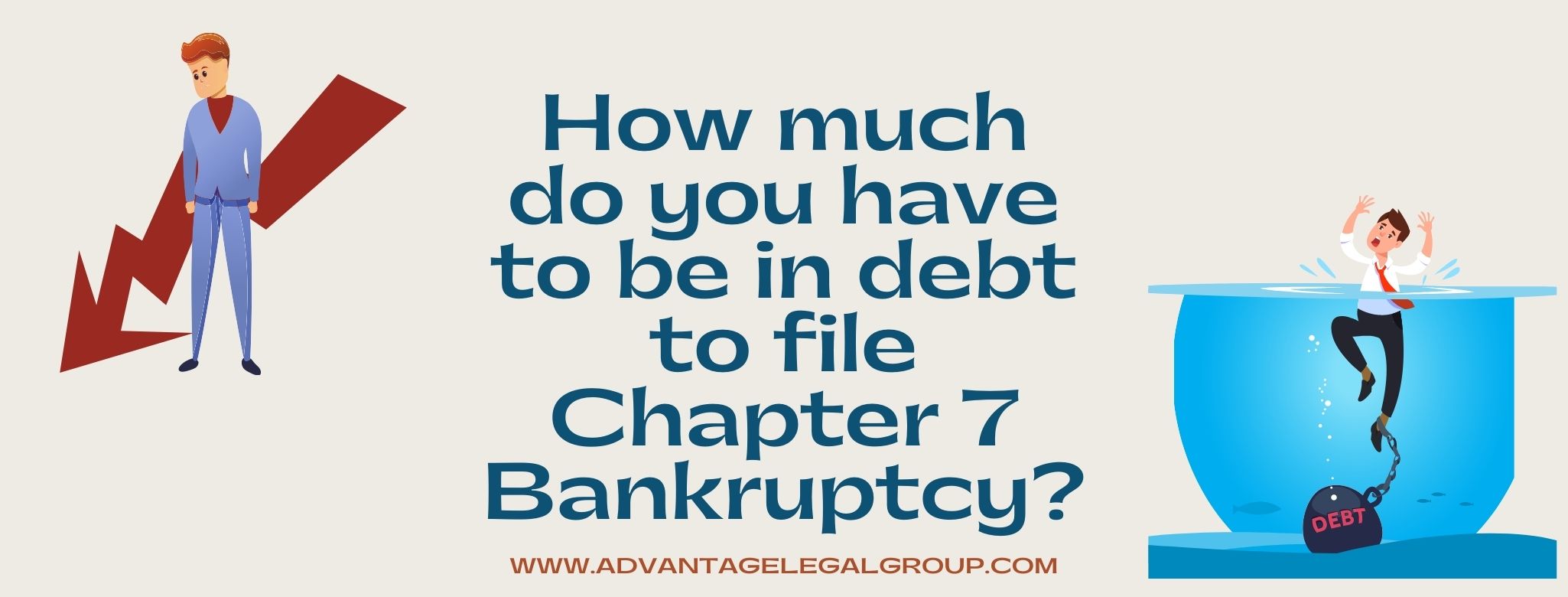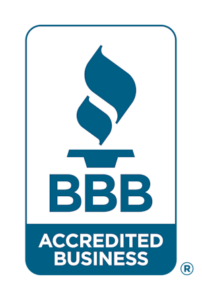
How much do you have to be in debt to file Chapter 7 Bankruptcy?
Are you neck-deep in debt? Are you considering filing up for bankruptcy? When you think of filing up for bankruptcy, do selling off your assets come to mind? If your answer to these questions is a yes, then you need to keep reading.
Bankruptcy has to do with a legal process of declaring that an individual or business can no longer settle its outstanding debts. There are various types of bankruptcy. Here we will be delving into one – Chapter 7 Bankruptcy.
The Chapter 7 Bankruptcy, also known as Straight or Liquidation Bankruptcy, is one that entails the debtor to sell off his or her nonexempt assets in order to settle the bankruptcy trustee. Therefore, using the profits of the nonexempt assets to pay creditors, in line with the criteria of the Bankruptcy Code. This kind of bankruptcy is very common and requires a tad bit of protocol in comparison to the others.
In addition, a Chapter 7 Bankruptcy is what a lot of people think of when they think about bankruptcy. It is a sure gateway to a financially clean portfolio. It also is one of the fastest. Hence its popularity.
Furthermore, for you to consider Chapter 7 Bankruptcy you must be struggling with debts you can’t pay. Only then can you qualify to file for debt relief in accordance to Chapter 7 of the Bankruptcy Code.
In truth, there is no minimum amount weighed in before one can file for bankruptcy under the chapter 7 bankruptcy code. It is only a question of considering the important factors when determining if filing bankruptcy now is the best debt recourse for you.
Therefore, to qualify for Chapter 7 bankruptcy, here are a few things to note:
- You must pass the Means test. This looks at your income, assets and expenses.
- Also, cannot have completed a Chapter 7 in the past eight years or a Chapter 13 bankruptcy (the second most common type of bankruptcy. It involves the creation of a repayment plan to pay off creditors.) within the past six years.
- How low is your disposable income? If your disposable income is too high, you might need to take another look at Chapter 13.
- Do you have a previous case of filing bankruptcy?
- To qualify, you must be an individual, partnership or business entity.
It is important to note that some types of unsecured debts usually aren’t discharged through a Chapter 7 bankruptcy, including:
- Child support
- Alimony
- Student loans
- Some tax debt
- Homeowners association fees
- Court fees and penalties
- Personal injury debts you owe due to an accident while you were intoxicated
- Unsecured debts that you intentionally left off your filing.
In all if you are considering filing for bankruptcy, specifically the Chapter 7 bankruptcy, do your due diligence and decide if it is the right fit for you. Declaring bankruptcy is not always a smooth sail. However, may it give you the clean slate you sincerely seek to do right by you.
More: The Difference between Chapter 7 and Chapter 13
CONTACT US NOW
More Advice for Homeowners:
- Is Bankruptcy Right for You?
- What if I Need Mortgage Forbearance?
- How Far Behind Do I Have To Be to Quality for Forbearance?
- Preventing Bankruptcies
- Will Bankruptcy Mean I Have to Give up My House?
- How Quickly Can I Recover from a Bankruptcy?
- Are All Debts Forgiven in Bankruptcy?
- How Do I Start a Bankruptcy?
- 4 Ways COVID Changed Real Estate





